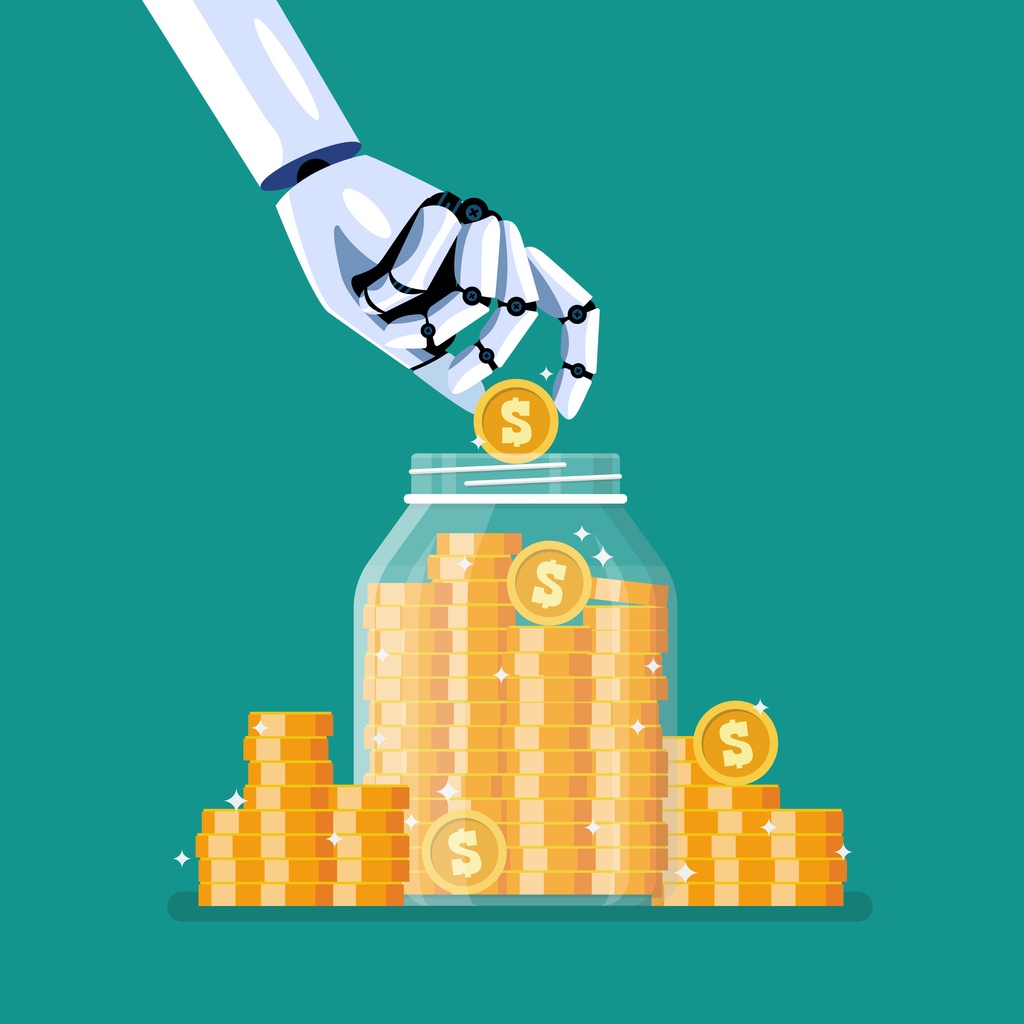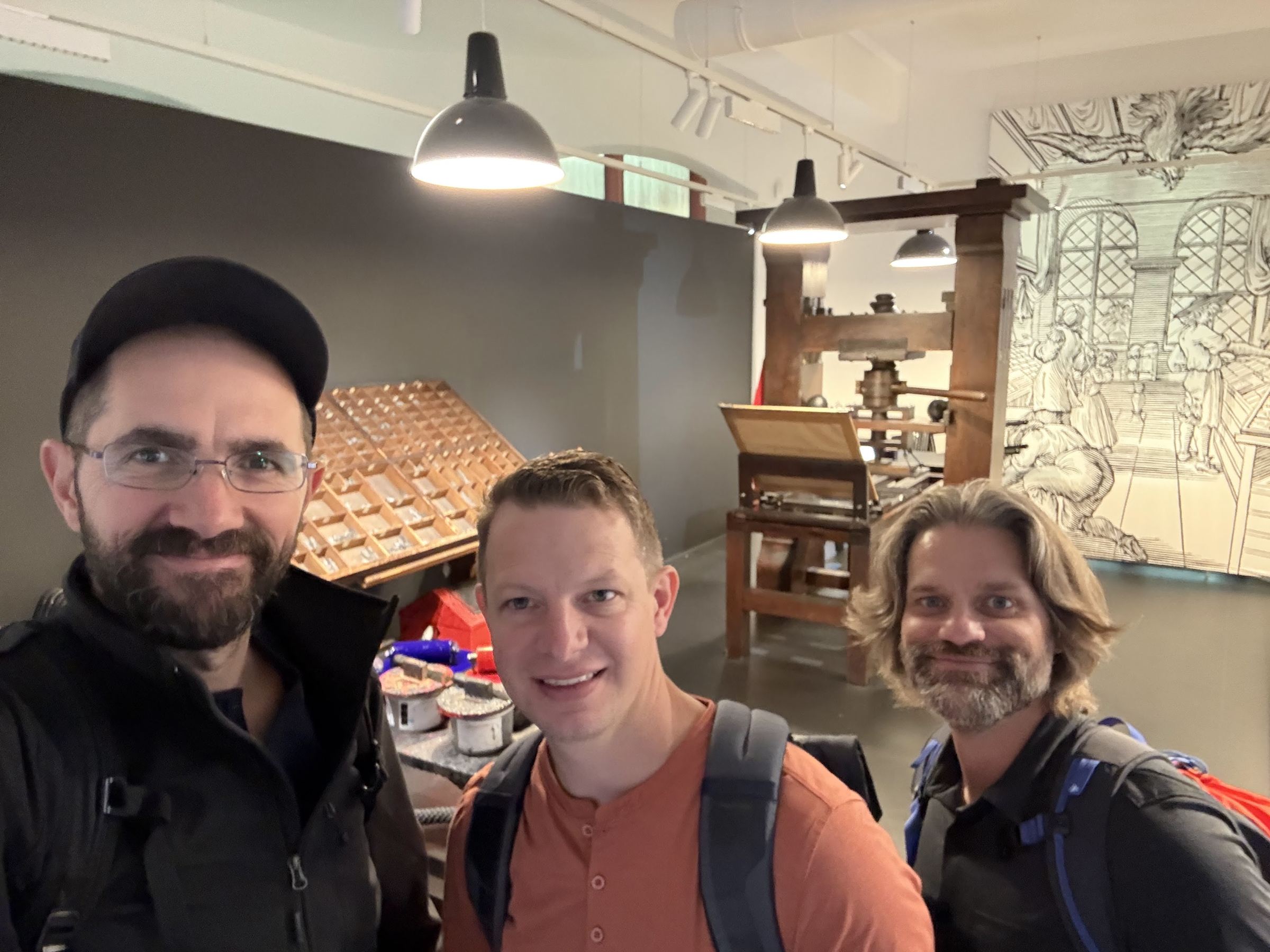Gabriel Weintraub on Finding Your ‘AI Strategy’ for Biz Ops, Data Science and Teaching

Every business is on the clock to figure out their “AI strategy.” Educators, too.
Helping companies surf the latest technological waves is nothing new to Stanford professor Gabriel Weintraub, who has advised Airbnb, Outschool and others on matters of data science, marketplaces and management science.
Currently the Amman Mineral Professor of Operations, Information & Technology at Stanford Graduate School of Business, Weintraub closely studies the impact of technology on economics, operations and digital platforms. He is also an advisor to our AI + Catalyst, our pre-seed program for early-stage AI edtech companies.
We recently caught up with him for his thoughts on how startup founders can adapt and capitalize on the latest technology breakthrough.

There’s a lot of emphasis on finding an “AI strategy.” What are the most important elements to consider?
With any technology hype cycle, it’s easy to fall in love with the tech and treat it as a hammer. Everything is a nail, and you want to use it everywhere. Don’t lose sight of the fact that as a business you’re supposed to be solving a problem and pain point for your customers. Successful entrepreneurs fall in love with the problem, not the tech. This is the starting point.
AI is changing very fast, but fundamental business principles haven’t. Your focus is on creating value, and AI tools offer new ways to create value through product enhancements, improving cost structures and streamlining your workflows and processes. To do so, you must thoughtfully match AI strength with your business objectives.
Of course creating value is not enough: you also need ways of capturing that value in this AI environment. Owning user interactions, proprietary data, domain knowledge, and building your own AI models can enable value capture.
Building on your experience in data science, how does AI change this role and function?
I foresee two significant transformations that AI can have on data science (DS) teams. First, the advent of AI may simplify the creation of self-serving tools. With users employing natural language processing to locate and analyze data, routine demands on DS teams to do these tasks can be reduced. This can foster a more user-centric and intuitive approach to data exploration.
Second, AI has the potential to automate the frequently repetitive tasks like cleaning and structuring data, along with other workflows. This enhances efficiency and productivity within the DS team. Similarly with building models and coding. These AI-enabled changes can liberate data scientists from more routine tasks so that they can invest their time on the more impactful and creative aspects of their work. Such a shift in focus could catalyze even greater innovation and value creation.







